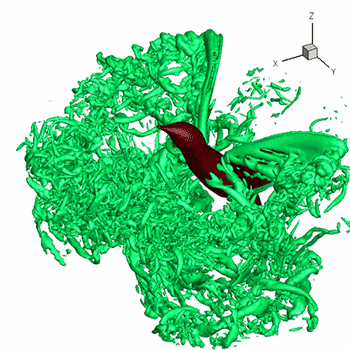The 20th term of an arithmetic series is #log20# and the 32nd term is #log32#. Exactly one term in the sequence is a rational number. What is the rational number?
The answer is #1/(n+1)# , but I'm not sure how to get there.
The answer is
1 Answer
Sep 6, 2016
The tenth term is log10, which equals 1.
Explanation:
If the 20th term is log 20, and the 32nd term is log32, then it follows that the tenth term is log10. Log10=1. 1 is a rational number.
When a log is written without a "base" (the subscript after log), a base of 10 is implied. This is known as the "common log". Log base 10 of 10 equals 1, because 10 to the first power is one. A helpful thing to remember is "the answer to a log is the exponent".
A rational number is a number that can be expressed as a ration, or fraction. Note the word RATIO within RATIOnal. One can be expressed as 1/1.
I don't know where the

